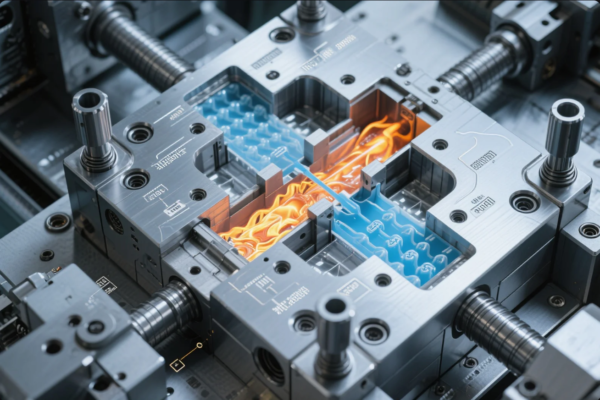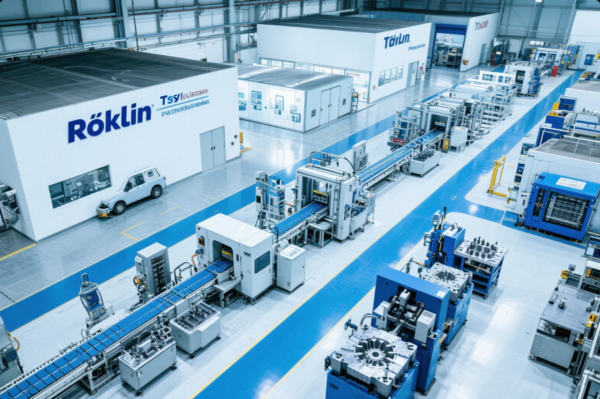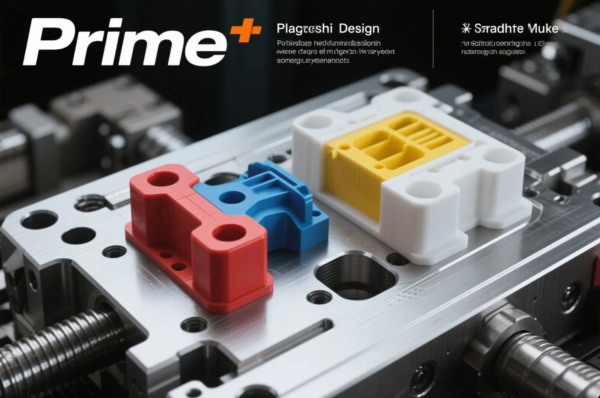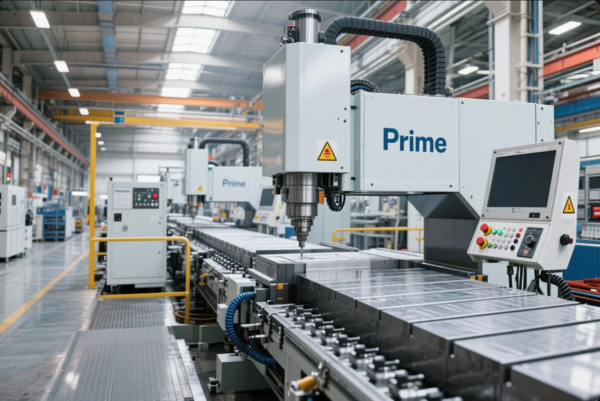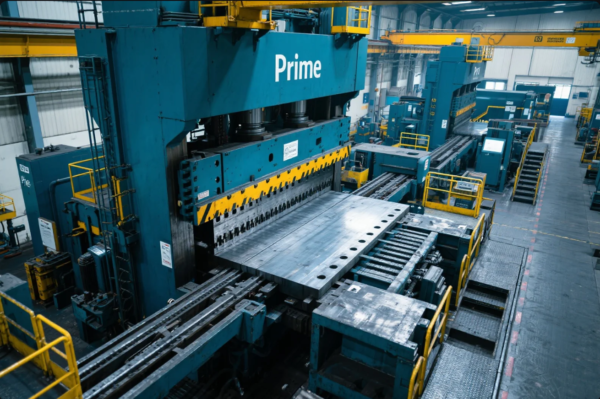What Metals Cannot Be Forged?
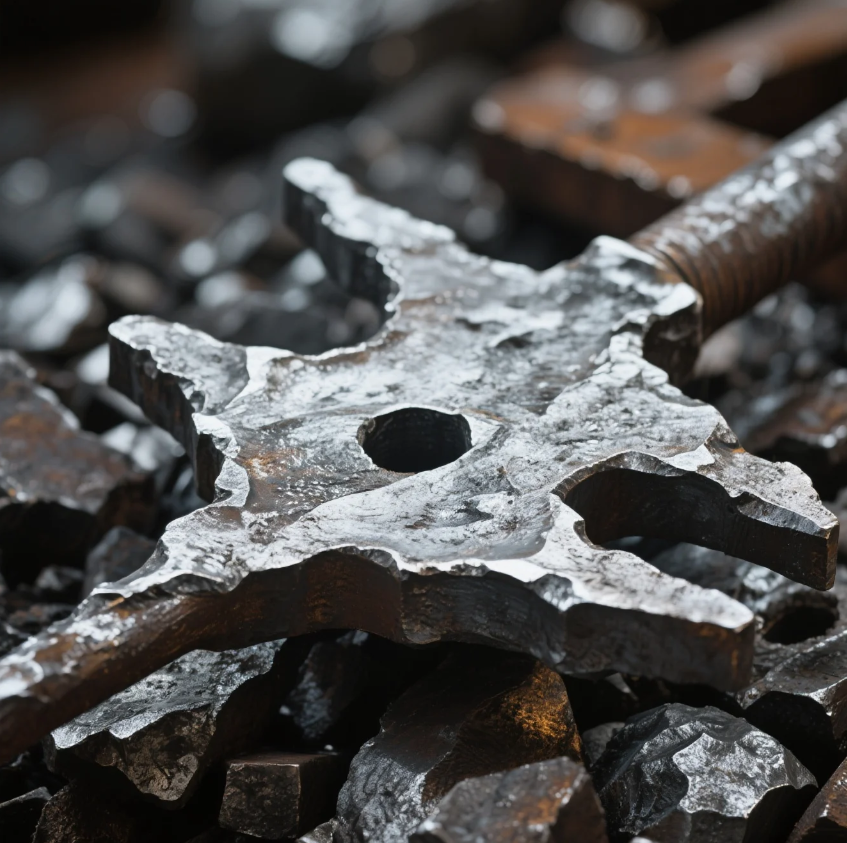
Metal forging is a popular technique used to shape various metals into parts with high strength and durability. However, not all metals can be forged effectively. Many customers ask about the limitations of metal forging to better understand which materials can benefit from the process. Here’s an exploration of metals that cannot be forged and why.
Snippet paragraph: Some metals cannot be forged due to their brittleness or lack of malleability. Understanding these limitations ensures better material selection for manufacturing.
By knowing which metals can and can’t be forged, you can make better decisions for your manufacturing processes and product designs.
Can You Forge Any Metal?
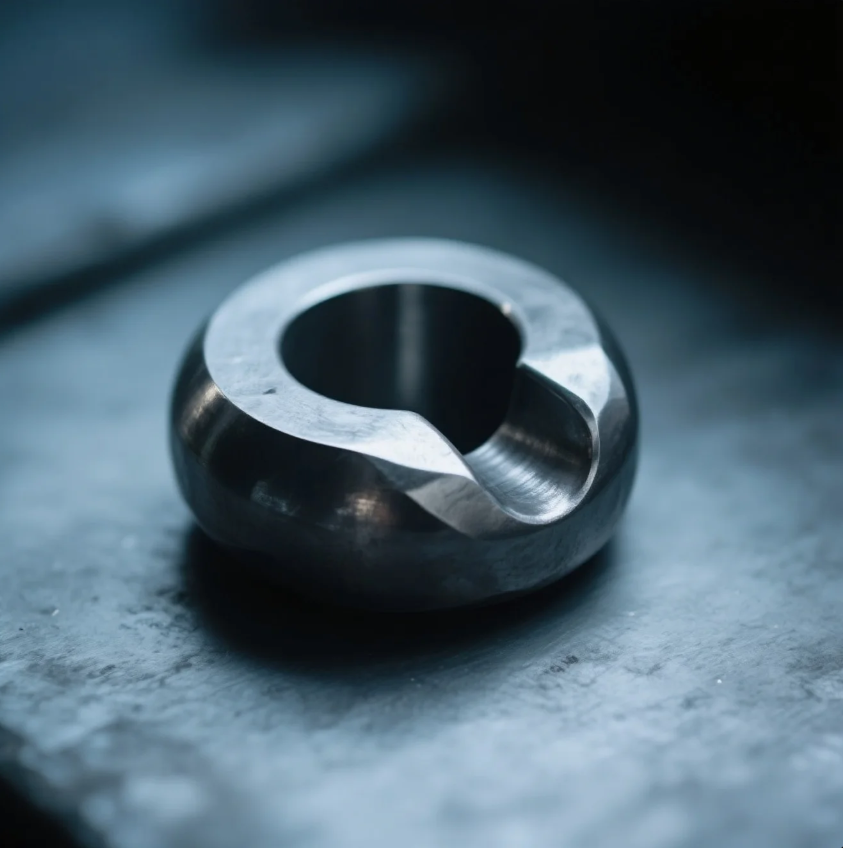
While forging is a versatile and widely-used metal shaping technique, not all metals are suitable for the process. The ability to forge a metal depends on its ductility, or its ability to deform without breaking. Some metals are simply too brittle or hard to withstand the high pressure and heat involved in the forging process.
Key Factors Affecting Forging Suitability:
- Ductility: Metals with low ductility may fracture under stress during forging.
- Hardness: Extremely hard metals may crack or shatter when exposed to pressure.
- Brittleness: Brittle materials cannot withstand the repeated compression needed in forging.
For example, metals with these characteristics are not suitable for forging and require alternative manufacturing methods.
Why Can't Cast Iron Be Forged?
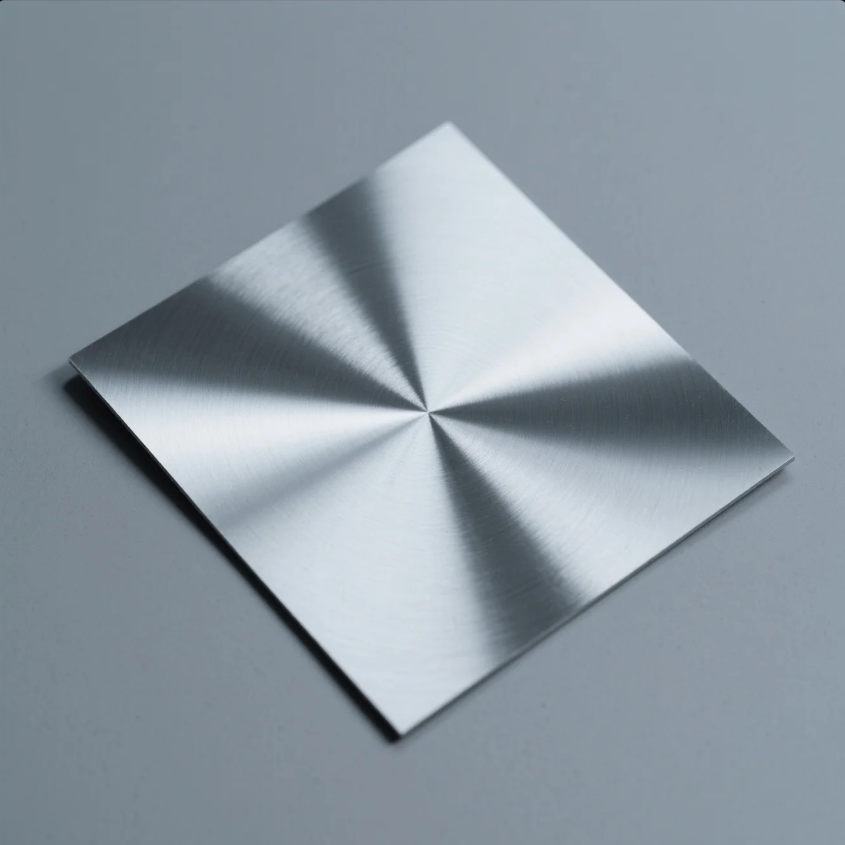
Cast iron, a metal alloy primarily composed of iron and carbon, cannot be forged due to its brittleness. Unlike steel, which is malleable and can handle the compressive force of forging, cast iron tends to fracture when subjected to high pressure. This brittleness is a result of its high carbon content, which forms graphite flakes that weaken the material.
Cast Iron’s Challenges:
- Brittle Structure: The carbon in cast iron forms hard flakes that cause the material to break under pressure.
- Limited Ductility: Cast iron cannot be deformed significantly without cracking or breaking.
- Poor Impact Resistance: Cast iron is not suitable for high-stress or impact applications.
Because of these properties, cast iron is more commonly used in casting processes where the metal is poured into molds to form shapes rather than being compressed or hammered into shape.
What Metals Can Be Drop-Forged?
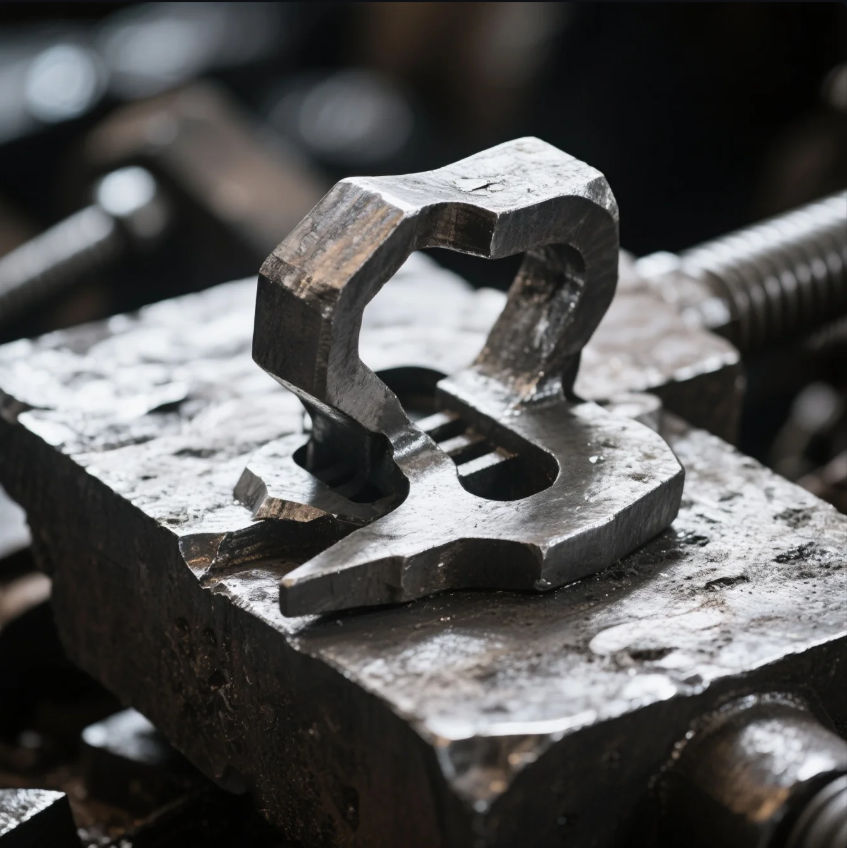
Drop forging is a popular method of shaping metal, particularly for producing high-strength parts. Unlike other forging methods, drop-forging involves the use of a hammer or die that is dropped to apply force to shape the metal. This process works best with metals that are not too brittle and that can withstand the shock of hammering.
Metals Commonly Drop-Forged:
- Steel: Especially carbon and alloy steels, are ideal for drop forging due to their strength and malleability.
- Aluminum: With its ductility, aluminum can be drop-forged for lightweight parts.
- Titanium: Titanium alloys are often drop-forged to create durable parts for aerospace and medical industries.
- Brass: Brass is often drop-forged to create intricate shapes that need a good finish.
These metals are able to handle the impact of the forging process while retaining their strength and shape. Drop-forging is ideal for parts that need both strength and detailed shape.
Which of the Following Cannot Be Forged?

Here’s a quick breakdown of which metals can and cannot be forged. The following metals, for example, cannot be forged due to their inherent properties:
Metals That Cannot Be Forged:
- Cast Iron: As mentioned earlier, its brittleness makes it unsuitable for forging.
- Certain High-Carbon Steels: High-carbon steels may be too brittle to forge effectively.
- Beryllium: This metal is extremely brittle and highly toxic, making it unsuitable for most forging processes.
- Lead: Lead has a low melting point and is too soft for forging, often used in casting instead.
Metals That Can Be Forged:
- Steel: The most common forged metal, particularly for automotive and aerospace components.
- Aluminum: Lightweight and highly malleable, ideal for forging lightweight parts.
- Copper: Often forged into parts that require excellent electrical conductivity.
- Titanium: Forged for its high strength-to-weight ratio in specialized applications.
Understanding the metals that can and cannot be forged helps you make more informed decisions when designing parts and selecting materials for your manufacturing process.
Conclusion
While many metals can be forged, materials like cast iron, beryllium, and certain high-carbon steels simply can’t handle the pressure and heat involved in the process. When in doubt, consulting with an expert can help ensure you choose the right material for your needs. If you’re looking for reliable, high-quality forged parts, reach out to Prime. Our team can help you choose the best materials and processes for your projects, ensuring fast delivery and consistent quality.

